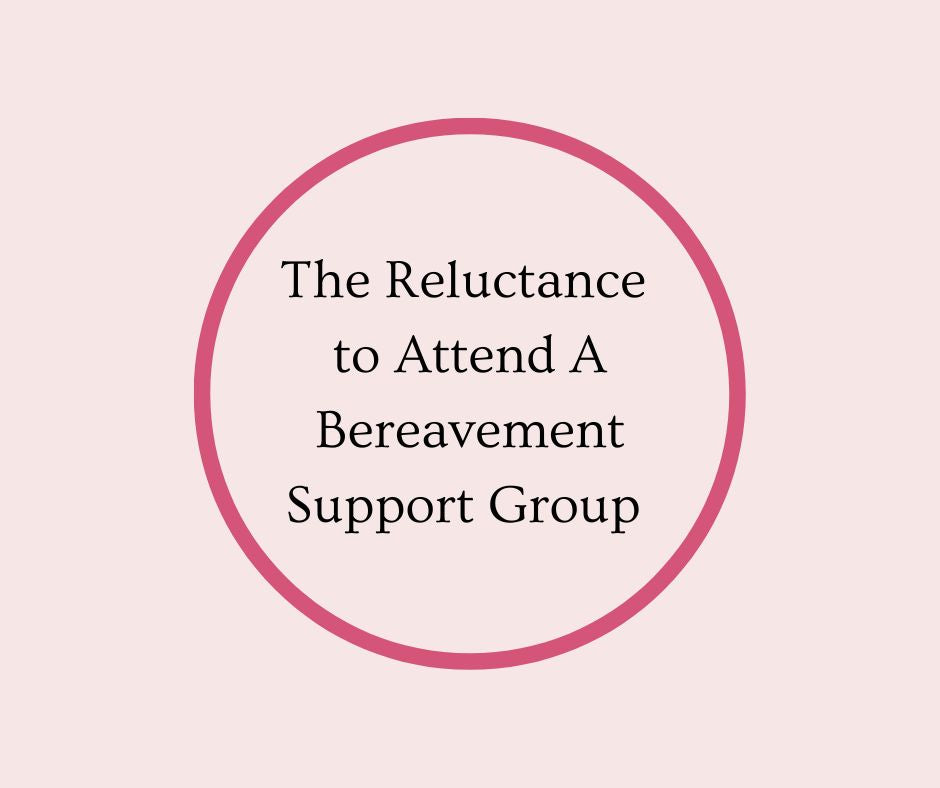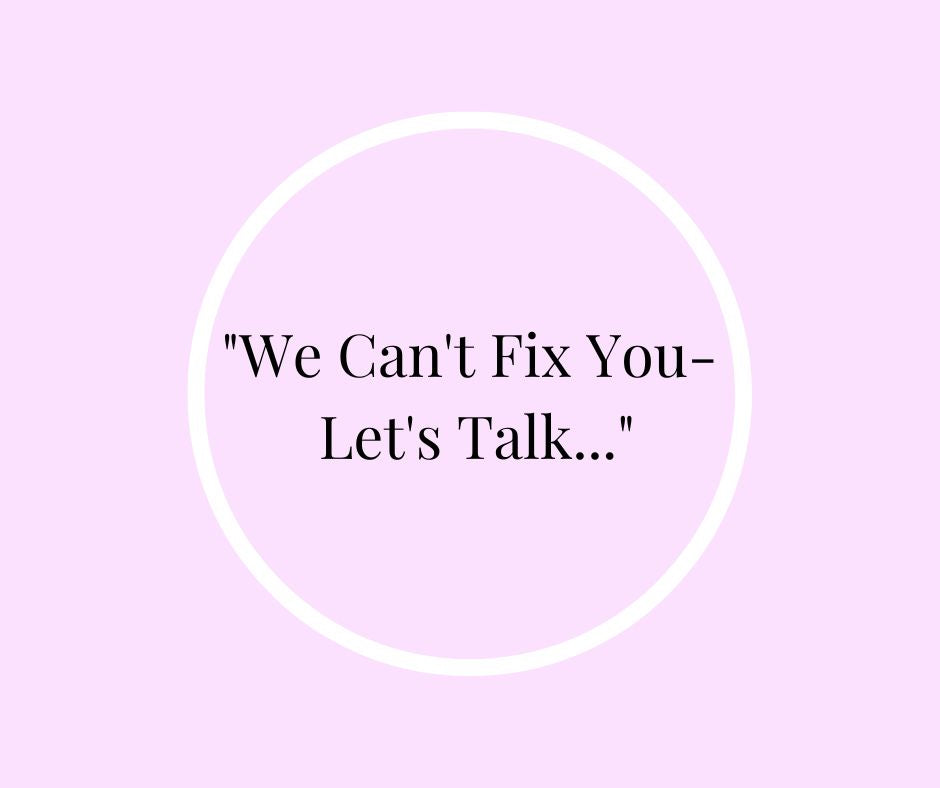I believe we have the right to be told about our disease, its progression, the options of care, and the probability of being cured vs. not cured. If it is not curable, what kind of quality can be expected?
Being told we can’t be fixed gives us an opportunity to live until we die and in a manner of our own choice based on fact. BUT no one can be so specific as to say exactly how long someone has to live. There are too many variables.
We have limited control over the time that we die:
- That control affects how long our experience is going to be.
- We will deal with the challenge of dying in the same way we have dealt with other challenges in our life and that will affect how long we have.
- Our personality doesn’t change as we approach death. It actually intensifies its characteristics.
We cannot put a number on how long someone has to live. There are so many factors that affect the time of our gradual death that the closest anyone can get to determining how long the dying process will take is months, weeks, days or hours.
Numbers don’t work when they are based only on lab reports and disease markers. The medical findings contribute to a prognosis but the personality of the person will affect the actual time of death.
To get a gauge of how long someone is going to live once they have been told they can’t be fixed we need to closely examine these things: how they have met other challenges in their life; the kind of personality they have (active, passive, controlling, argumentative, easy going, protective) and to acknowledge that they have a small amount of control over the exact moment they take their last breath.
Something More about... Our Personality Will Affect Our Dying Process
When diagnosed with a life limiting disease, we need education and support on how to best live the time that remains. A Time To Live: Living With A Life Threatening Illness can be that support. It is part of the End of Life Guideline Series Bundle that has 5 booklets to support patients and families.








4 comments
Denise
———
BK Books replied:
Hi Denise, we die the way we have lived. We deal with approaching death the same way we have addressed other challenges life has given us. Dying is just one more challenge in life—a big one but just another challenge. Who we are, our personality, what we do and say and how we say it will also be how we speak about dying. I have to add that while dying does not change our personality and how we approach our dying it does intensify everything. If we have an angry personality we will be angier. If we are quiet and docile we will be more so. It doesn’t change us. We generally don’t go from being an outspoken, aggressive personality to being meek and humble. My book The Final Act of Living goes into this more. Thanks for asking. Blessings! Barbara
———
BK Books replied:
Hi Denise, we die the way we have lived. We deal with approaching death the same way we have addressed other challenges life has given us. Dying is just one more challenge in life—a big one but just another challenge. Who we are, our personality, what we do and say and how we say it will also be how we speak about dying. I have to add that while dying does not change our personality and how we approach our dying it does intensify everything. If we have an angry personality we will be angier. If we are quiet and docile we will be more so. It doesn’t change us. We generally don’t go from being an outspoken, aggressive personality to being meek and humble. My book The Final Act of Living goes into this more. Thanks for asking. Blessings! Barbara
Robin, RN, CHPN
I have commented a few times on the topics presented. As always, there is something to be learned by all of us. I have been a hospice nurse for 11 years. Early in my career, someone shared that people die how they have lived. I have found this to be so very true!!
I am always so glad to share Barbara’s booklets with my families and caregivers. I have yet to meet anyone that was not appreciative of the information in the booklets. I do carry them with me at all times.
Thank you so much!!
Robin, RN
———
BK Books replied:
Hi Robin, thank you for the kind words about my materials. Knowledge reduces fear and fear is usually at the bedside when someone is dying—their fear and our fear. Blessings to you in the work you are doing. Barbara
I have commented a few times on the topics presented. As always, there is something to be learned by all of us. I have been a hospice nurse for 11 years. Early in my career, someone shared that people die how they have lived. I have found this to be so very true!!
I am always so glad to share Barbara’s booklets with my families and caregivers. I have yet to meet anyone that was not appreciative of the information in the booklets. I do carry them with me at all times.
Thank you so much!!
Robin, RN
———
BK Books replied:
Hi Robin, thank you for the kind words about my materials. Knowledge reduces fear and fear is usually at the bedside when someone is dying—their fear and our fear. Blessings to you in the work you are doing. Barbara
Molly Graff
Barbara, your comments are interesting to me…could you elaborate a little more on how the “personality” would/could affect timing of death. Speciafically…controlling! I have experienced a protective patient, and a passive patient. But not a controlling/argumentative person. Are you suggesting that they might not be willing to “give up” or “surrender” treatment? Not be willing to let go and die? Just wandering…thanks Barbara for your further insight. Molly
———
BK Books replied:
Hi Molly, look at how a person has lived their life, how they have dealt with other challenges life has given them—-that’s probably how they will approach their final act of living. If they have an argumentative personality they may "argue that the doctor’s are wrong. They may argue with caregivers, nothings right; you’re doing it wrong. And yes, it may take them longer to let go (of treatment and of life itself) Emotions (positive and negative) can hold us in our body and make our labor longer. Blessings! Barbara
Barbara, your comments are interesting to me…could you elaborate a little more on how the “personality” would/could affect timing of death. Speciafically…controlling! I have experienced a protective patient, and a passive patient. But not a controlling/argumentative person. Are you suggesting that they might not be willing to “give up” or “surrender” treatment? Not be willing to let go and die? Just wandering…thanks Barbara for your further insight. Molly
———
BK Books replied:
Hi Molly, look at how a person has lived their life, how they have dealt with other challenges life has given them—-that’s probably how they will approach their final act of living. If they have an argumentative personality they may "argue that the doctor’s are wrong. They may argue with caregivers, nothings right; you’re doing it wrong. And yes, it may take them longer to let go (of treatment and of life itself) Emotions (positive and negative) can hold us in our body and make our labor longer. Blessings! Barbara
Lolita Silicani
Dear Barbara,
Thank you for your continued support. Becoming aware of my Mom’s dying process, has opened my eyes about my own, when the time comes.
Thank you for your insightful blogs, and authoring all the books you created.
They are great reference books and I intend to read them again, going forward, especially as we all continue to age. :)
———
BK Books replied:
Hi Lolita, thanks for the kind words about my work. Blessings to you. Barbara
Dear Barbara,
Thank you for your continued support. Becoming aware of my Mom’s dying process, has opened my eyes about my own, when the time comes.
Thank you for your insightful blogs, and authoring all the books you created.
They are great reference books and I intend to read them again, going forward, especially as we all continue to age. :)
———
BK Books replied:
Hi Lolita, thanks for the kind words about my work. Blessings to you. Barbara